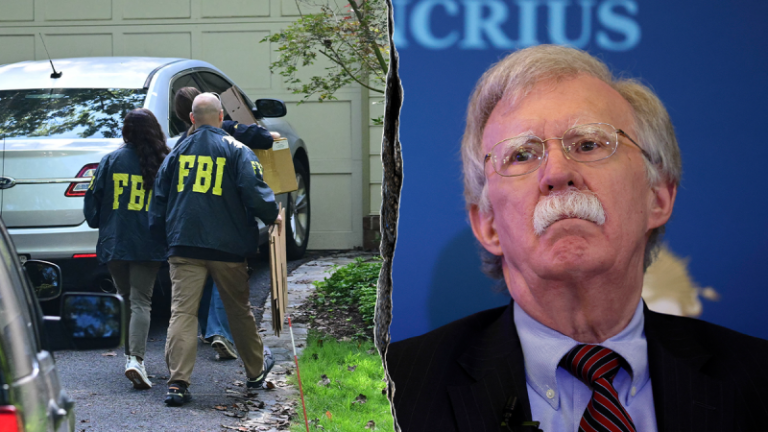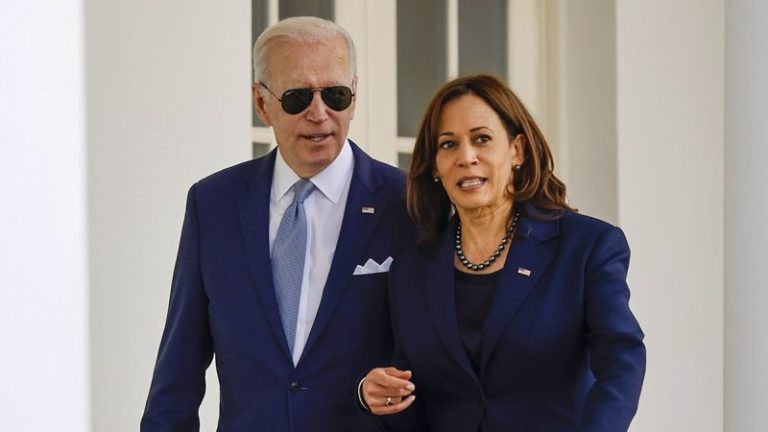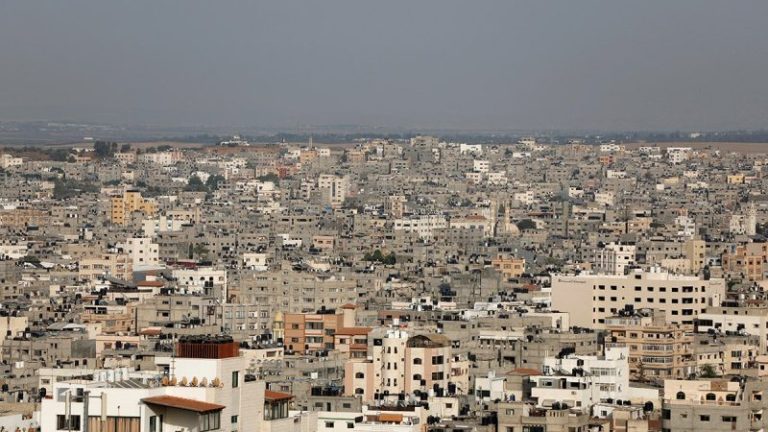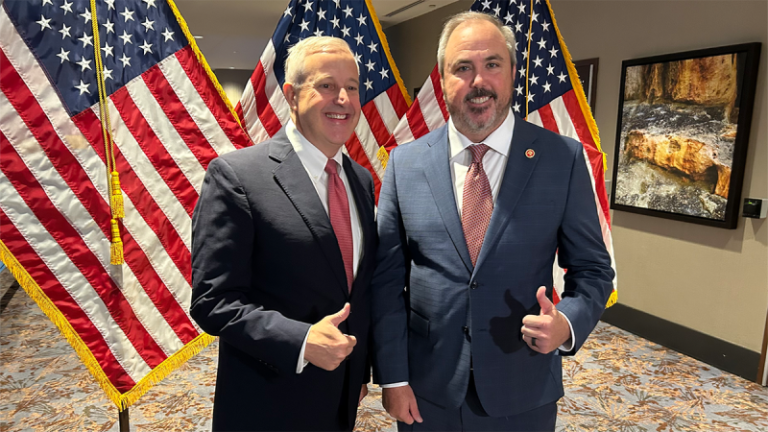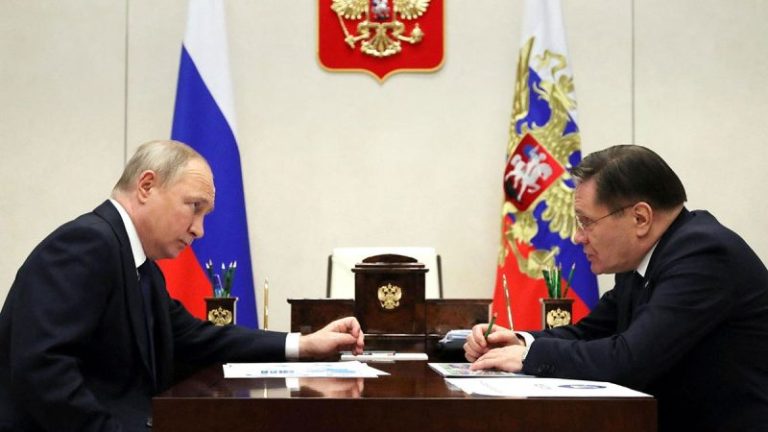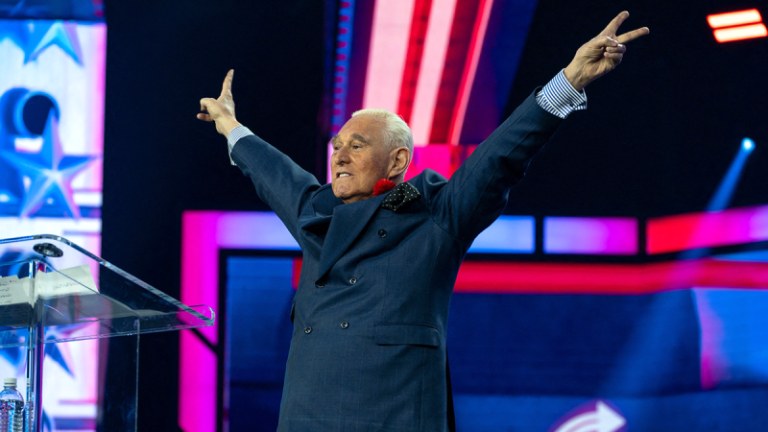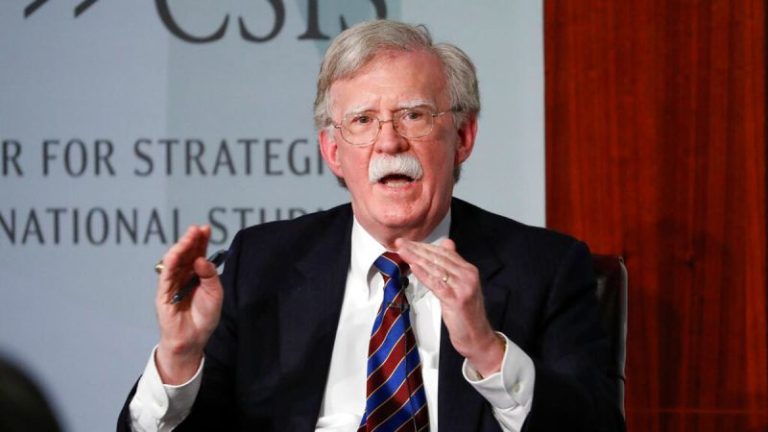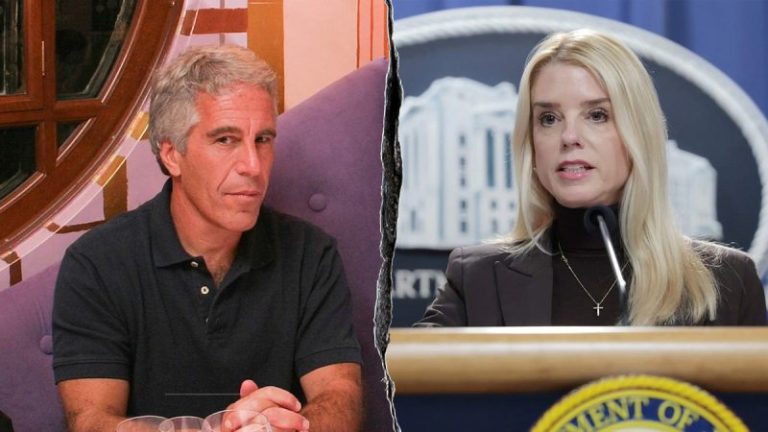FBI agents raided the Bethesda, Md., home of former national security adviser John Bolton on Friday morning, marking a new tension point in his difficult relationship with President Donald Trump. Agents also raided Bolton’s D.C. office.
The reason behind the raids was reportedly linked to a probe of allegations that Bolton sent classified documents to his family from a private email server while working at the White House, according to the New York Post. The Post cited a Trump administration official who said FBI Director Kash Patel ordered the raid.
The outlet also reported that yet-to-be-unsealed search warrants reference a controversy over his memoir to establish a pattern of behavior. However, a senior U.S. official told the Post the probe was a ‘clean break’ from the investigation regarding Bolton’s book.
Shortly after the raid began, Patel wrote on X that ‘no one is above the law… [FBI] agents on a mission.’
FBI Deputy Director Dan Bongino shared the post and wrote, ‘Public corruption will not be tolerated.’
Bolton, who served in Trump’s first administration, has not been arrested or taken into custody. Trump revoked his security clearance and Secret Service detail in January 2025.
Trump was asked about the raid on Friday and said he did not know about it ahead of time, claiming he saw it on television. The president then made clear his disdain for his former national security adviser.
‘I’m not a fan of John Bolton. He’s a real lowlife,’ Trump told reporters. He went on to call Bolton ‘not a smart guy’ and said ‘he could be very unpatriotic.’
The president also said Bolton was ‘a very quiet person except on television if he can say something bad about Trump.’
Vice President JD Vance told ‘Meet the Press’ on Friday that ‘we’re in the very early stages of an ongoing investigation into John Bolton.’ Vance denied Bolton was being targeted for criticizing Trump.
A source familiar with the Bolton raid and the evidence used to justify it told Fox News Digital that ‘Bolton really had some nerve to attack Trump over his handling of classified information,’ but would not give more details.
Bolton criticized Trump’s handling of classified documents after the FBI raided Mar-a-Lago in 2022. Trump was later indicted on 37 felony counts, which expanded to 40 before the case was dropped in July 2024.
During Trump’s first administration, a probe into classified documents was launched but later shut down by the Biden administration. The Justice Department argued that Bolton’s 2020 memoir, ‘The Room Where it Happened,’ contained classified material and attempted to block it from being published.
The FBI and Bolton’s office declined to comment on the matter.
Reporting contributed by Axios and Fox News’ Michael Dorgan, David Spunt, Breanne Deppisch, Emma Woodhead and Brooke Singman.

